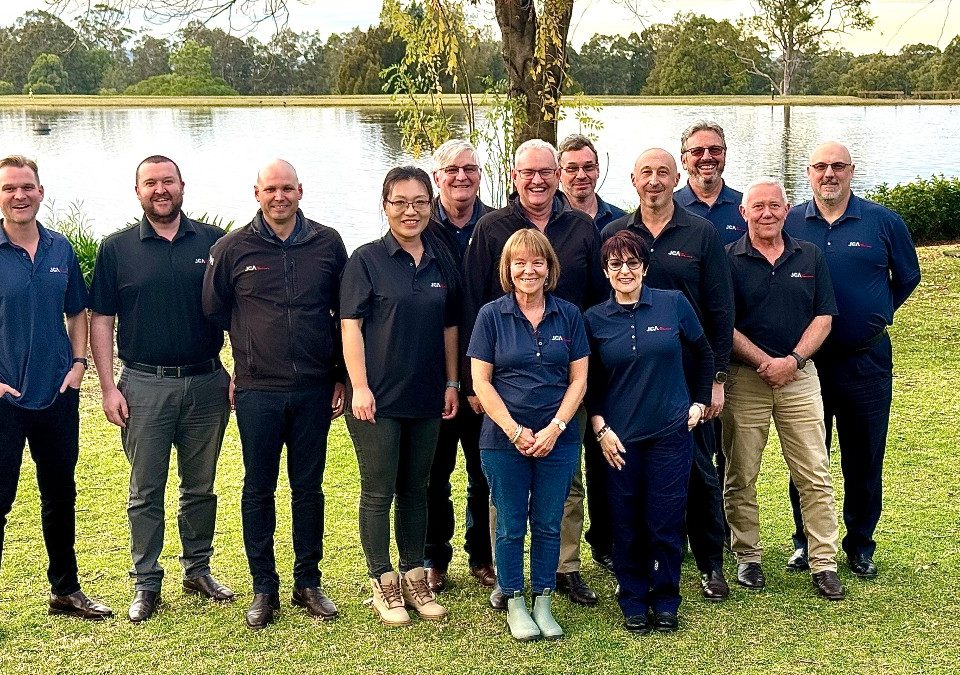Why we need to support those who speak out
Naomi Osaka. Masterchef’s Brent Draper. St Kilda football club’s Seb Ross and Tim Membrey.
These four high-profile people have one thing in common; their decision to publicly withdraw from their respective work-related activities for mental health and family reasons.
Naomi Osaka recently withdrew from the French Open, Brent Draper exited Masterchef to return home to his wife and baby, and St Kilda Football Club’s Seb Ross and Tim Membrey both missed the Saints’ match against Adelaide in Cairns to be with their families.
For Osaka, she reports that she has long suffered a battle with depression and the decision not to participate in post-match interviews was to protect her mental health and wellbeing. After receiving a $15,000 fine and the threat of disqualification from the tournament, she decided to withdraw. As the No. 2 player in the world, it was no doubt a difficult decision. Stating that she has always been a shy person and that speaking after her match is really hard for her, she is plagued by mental health and self-doubt.
Brent Draper, a likeable tradie with exceptional cooking skills made the harrowing decision when he broke down on national television saying, “I can’t cook anymore”. Reporting a difficult few months in the lead up to filming Masterchef with his mum being really sick, his own health issues, and having to quarantine twice – all whilst being a new dad- he says he just needed to go home and focus on his mental health and be with his family.
St Kilda’s Seb Ross is a dad to newborn twins and a toddler, citing family reasons for leaving the club’s Sydney base to fly home. The challenge of being a parent to twins and a toddler is very real. The need to support his wife in the post-natal period and to be present are well documented in terms of protecting one’s mental health. With 1 in 7 new mothers and 1 in 10 new fathers reporting postnatal depression, it’s a difficult time for new parents. Ross’ teammate Tim Membrey also put family first ahead of football to fly home to be with his wife who is due to give birth to their first child.
St Kilda CEO Matt Finnis has today spoken out in support of the pair.
“I think our players know – and we have got a pretty consistent record of this at the footy club – that we will always put family first and they will be supported in those decisions,” says Finnis.
“As a CEO I’d love to have our best players on the park, I do that every week, but as a father I also understand that we’ve got to prioritise what we know is important within our own families, and no one can know that except for the families themselves.”
“I think our players know – and we have got a pretty consistent record of this at the footy club – that we will always put family first and they will be supported in those decisions.” – St Kilda CEO Matt Finnis
— St Kilda FC (@stkildafc) June 16, 2021
At a time when footballers make the news for other reasons, the backlash against these sporting professionals is disappointing. Seb Ross’ decision has been labelled as not ‘sufficiently compelling to warrant an early return’ — and Osaka was accused of acting like an ‘arrogant spoiled brat’ .
Amid a global pandemic when mental health issues are surfacing in more ways than our health system can cope with, the fact that we are even reading about people judging other’s decisions that impact their lives, their families, and ultimately their mental health and wellbeing is disgraceful.
Is it not time to acknowledge that the tsunami of mental ill-health requires a change in narrative? It needs one of compassion, kindness and understanding.
The lack of empathy in the judgmental comments particularly relating to Seb Ross is unhelpful, selfish and harmful. In contrast, we need to see more media comments around de-stigmatising mental health issues, the acknowledgement of the importance of being with one’s family, seeking professional help, and removing oneself from the public eye if needed.
Without acceptance, we are unlikely to see more people feeling comfortable enough to share their story – and we know that it is through the sharing of these stories, through the normalising of emotions, that we can mitigate mental ill-health. I truly hope that these stories become more common without the judgement. These four examples demonstrate the need to show kindness; we can never truly know what people are going through — especially if we’re the ones sitting on the sidelines.



